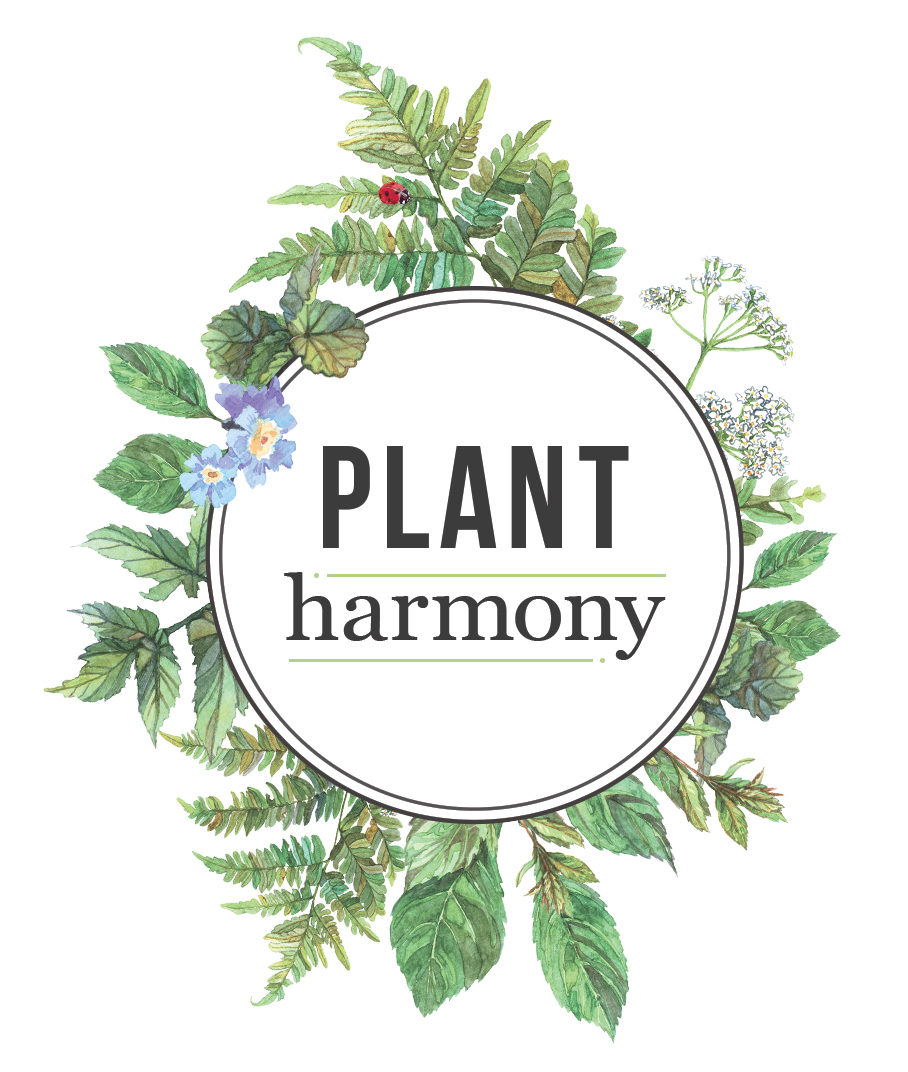D.I.Y. pesticides....are they safe?
D.I.Y pest solutions, including homemade weed killers, may not be as safe as you think
I was on a call with a friend the other day. She just happened to mention how she has been spraying newly developing weeds growing in the cracks of her walkway with the widely popular vinegar, dish detergent and salt recipe. Wonderful that she was getting a jump start on the young weeds, since the best time to manage them is when they are newly sprouted. However, unfortunately this internet recipe that has been trending does more harm than good.
Don't get me wrong. I appreciate the sincere intentions to reduce pesticides, but this recipe is a huge concern and very much misunderstood.
Here's the deal:
1) Dish detergents are not true soaps.
The only true soap on the market is castile soap, under the brand name of Dr Bronners and the Whole Foods 365 brand. I'm sure there are a few more, but not always easy to find. Unlike true soap, dish detergents contain many harmful additives, such as:
Methylisothiazolinone: is highly corrosive and found to be toxic when ingested or inhaled, it also causes skin irritation/allergies/damage, and causes acute aquatic toxicity
1,4-Dioxane:is listed as a likely human carcinogen, and a groundwater contaminant
Ethanolamine: is listed as harmful if swallowed, including respiratory effects, general systemic/organ effects, chronic aquatic toxicity, nervous system effects, skin irritation/allergies/damage.
Triclosan: is listed as causing developmental/endocrine/reproductive effects, cancer, immune system effects, circulatory system effects, nervous system effects, skin irritation/allergies/damage, digestive system effects, and having acute aquatic toxicity
And that's not all, many have words like 'natural' on the label but have added scent and coloring that are chemicals showing health concerns. So when we use these types of dish detergents as an additive in our D.I.Y. weed killer or aphid spray, we are doing more harm than good, contaminating our soils, our plants, and even ourselves.
2) Salt is bad news for your garden!
Salt in the soil absorbs water, reducing the plants ability to take up water, increasing root dehydration. You might think this is exactly what those weeds need! However keep in mind that if you ever want to plant in that soil, you may see your plants struggle, even die because of this salt build up. Let's look back at our history books, remember how the Romans, and other invading armies, would burn a village down, then salt their fields to prevent them from growing crops again? Avoid adding salt to your soil if you want to grow lovely plants (this includes using synthetic fertilizers, which are very high in salts. Feed your plants organic fertilizers for optimum health)
3) Vinegar, here's the deal:
Household vinegar is diluted to about 5% acetic acid vs horticultural vinegar which is around 20% acetic acid, which is pretty strong. Understand that 11% acetic acid can burn skin and cause eye damage, while concentrations of 20% or higher can cause blindness and are corrosive to metals. This is no joke! Something else to understand is when vinegar is used as a weed killer/herbicide, it is working as a 'top kill herbicide', killing the top 'leafy' portion of the plant tissue. This is why when using many of the eco-herbicides that are sold on the market, is it is best apply when the weeds have just sprouted so that the root will will not be able to recover and sprout new growth.
So what is the best way to kill weeds?
Hand pulling weeds, using weeding tools, and sheet mulching can't be beat for best ways to manage weeds. However if you are still wanting to use a D.I.Y. method then I'll share a little trick, you can kill many weeds with boiling water! That's right, boiling water! So boil up a kettle of water, grab your oven mit, use caution to not burn yourself and douse those weeds. Just like the D.I.Y. recipe, you will most likely need to repeat this as needed, but without the cost or the potential harm.
I hope you found this helpful. Let me know what you've been up to in your garden or the pests you've been battling, I'd love to hear from you : )
Wishing you and yours a wonderful holiday season!
Take good care and stay well!
~Suzanne

